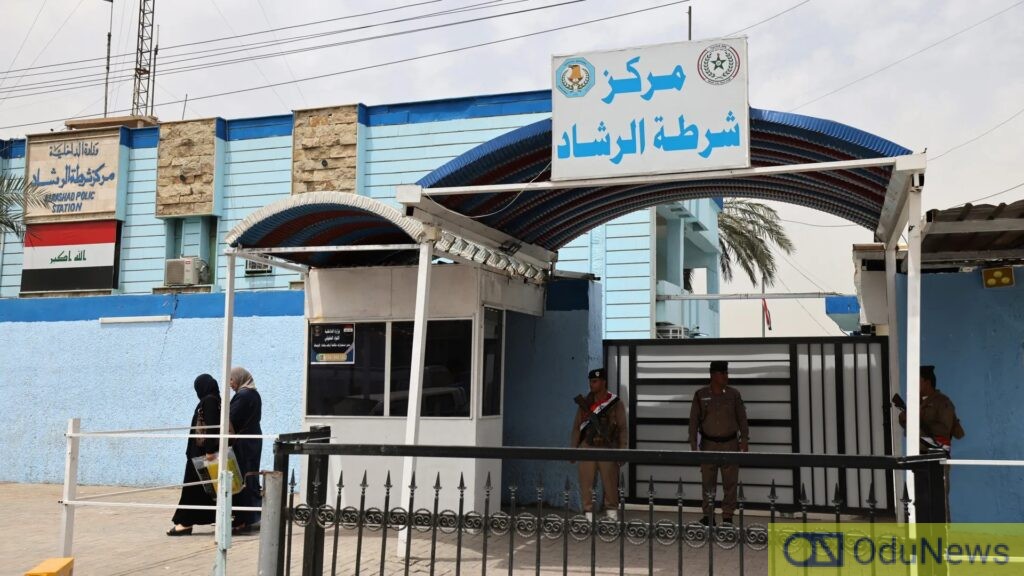Detained for Lack of Residence Permits, Women Share Struggles and Call for Urgent Repatriation

Nigerian Women in Iraqi Prison Seek Help to Return Home
Three Nigerian women detained at Karada Prison in Baghdad, Iraq, have made an urgent plea to the Nigerian government for swift intervention to facilitate their return home. The women, Adetunji Opeyemi Elizabeth (36), Aladetan Rachael Tinuola (28), and Adebayo Blessing Favour (24), were arrested in September 2024 for not possessing valid residence permits.
Speaking through a phone interview arranged by the Nigeria-based human rights group Hopes Haven Foundation, the women clarified that they were not victims of trafficking. Instead, they had traveled to Iraq willingly in search of better opportunities.
Adetunji, a university graduate who has struggled to find employment in Nigeria since 2013, shared that her visa was processed by a trusted agent, Adekunle Oladiola. However, upon arriving in Iraq, the women were handed over to an unnamed agency due to language barriers. The agency secured temporary jobs for them in caregiving and salon work, but Adetunji recounted unsafe working conditions and threats from an employer, leading her to return to the agency’s office.
Their challenges escalated when the agency’s office unexpectedly shut down, leaving them jobless and without accommodation. Unable to regularize their stay, the women were arrested and have since remained in detention.
Adetunji described the harsh conditions in Karada Prison, including poor food quality that has negatively impacted their health. “Sometimes they bring spoiled food. I go days without eating because I can’t cope,” she said, adding that she suffers from severe back pain and requires medical attention.
Although the women have expressed their willingness to return to Nigeria and have offered to fund their tickets, they allege that immigration authorities have delayed their repatriation.
Their plight highlights the struggles faced by Nigerian migrants in countries without Nigerian embassies, like Iraq. While Nigerian embassies in neighboring regions occasionally offer assistance, the lack of direct representation has left these women vulnerable and isolated.
Adetunji made an emotional appeal to the Nigerian government, emphasizing her deteriorating health and the unsafe conditions in detention. “Please help us return home. We can’t continue living like this,” she pleaded.


Comments are closed.